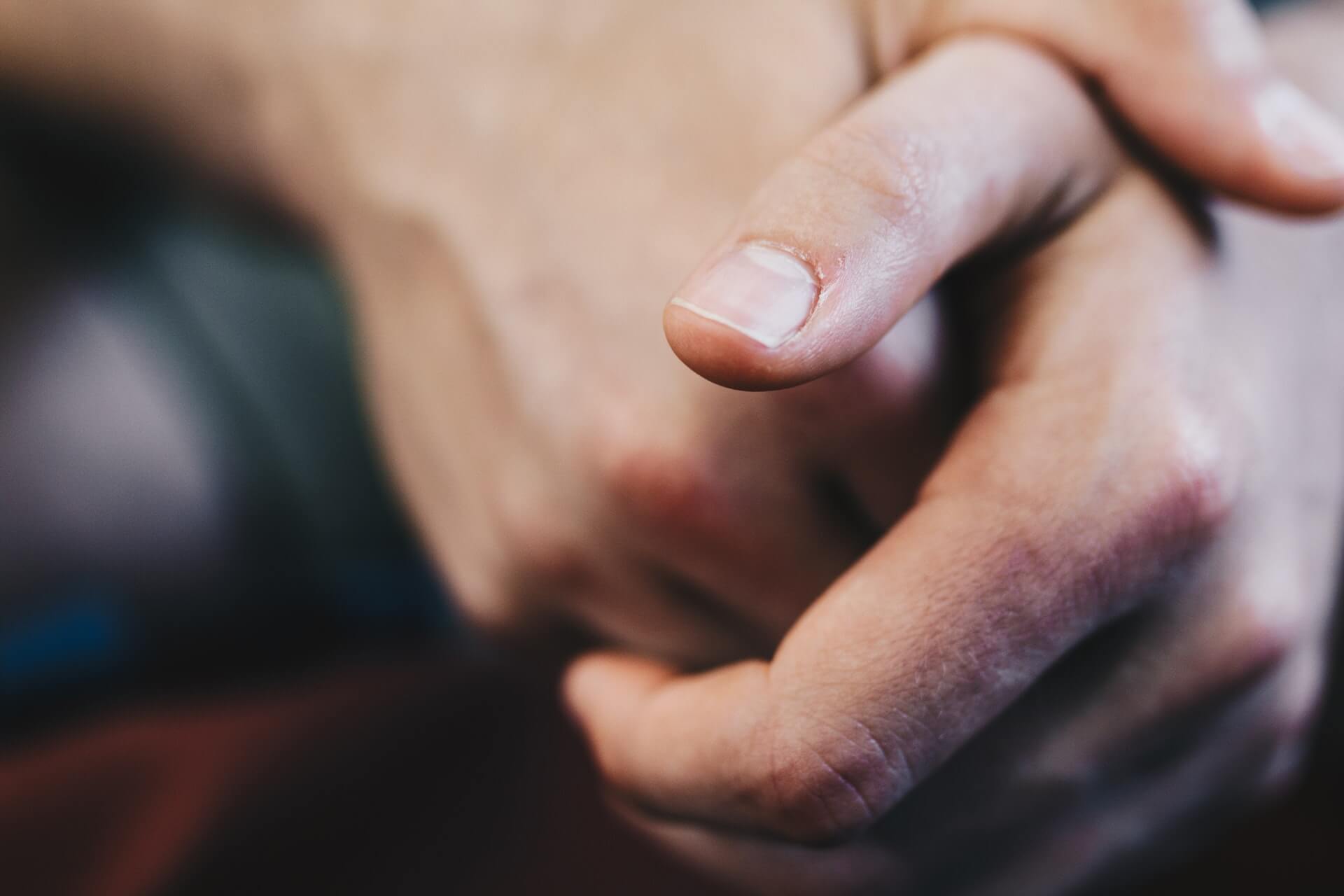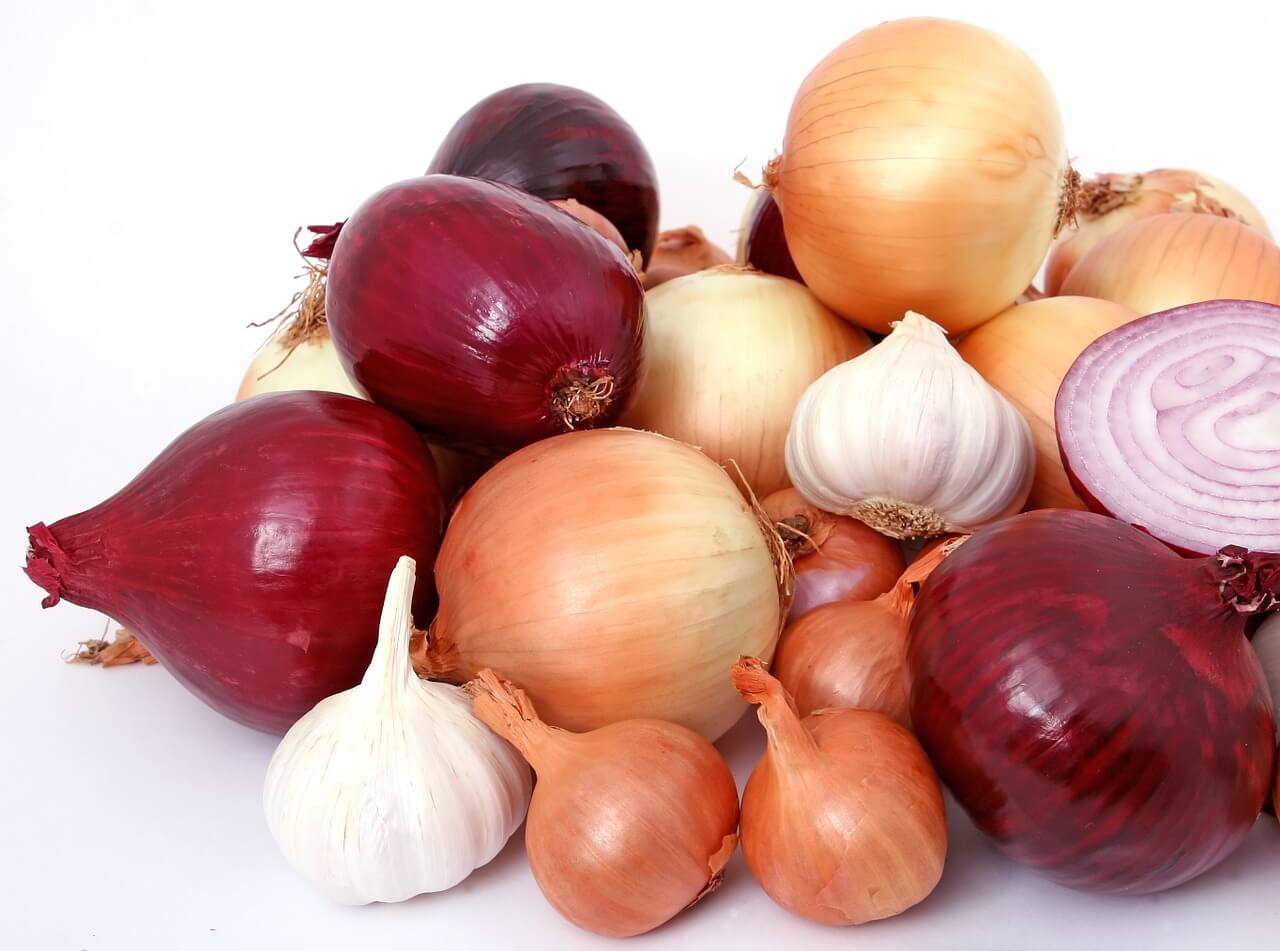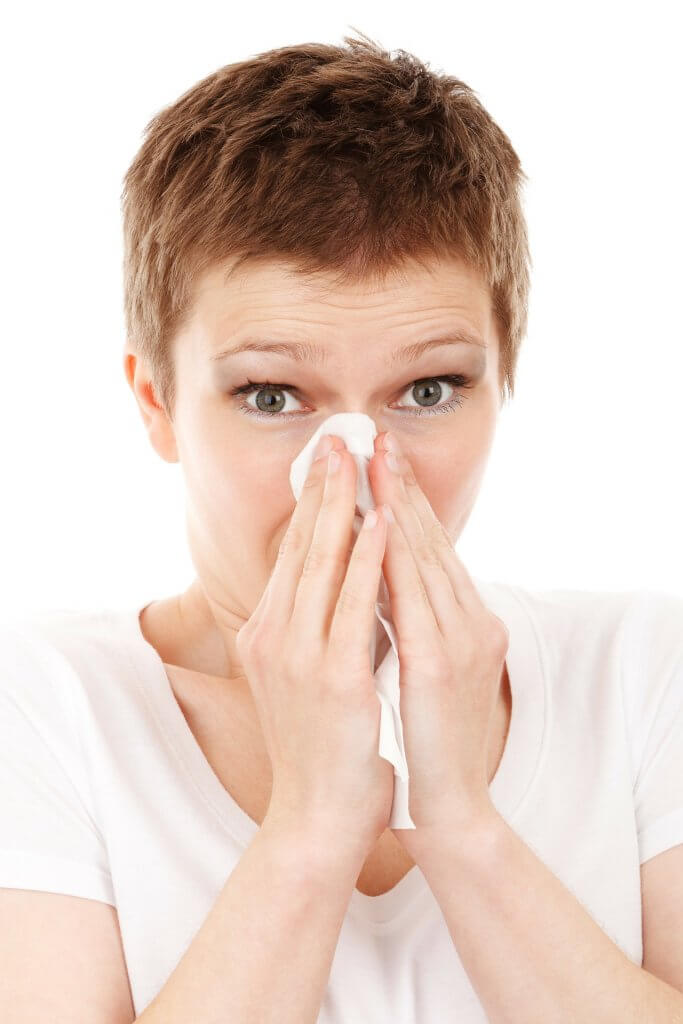Random Runner Ailments: Causes & Prevention

It’s happened to a lot of runners; you go out for your regular run and at some point during the run, something is “off” or you encounter a new, random ailment. Nothing that would scare you but just a small issue that seems to come from out of the blue that makes you scratch your head. You might even mention it to your running buddy and they look at you like you have lost your marbles. The truth is that we all have off days and we can have an issue one day and never have it again. Are your random ailments common, what causes them and can you prevent them?
Feeling Cold on a Warm Day
There you are running around in the heat and you feel strangely cold. Unfortunately, if you feel chilled or get goosebumps on a warm day it’s not the running Gods smiling down on you; it’s a problem. You should stop running immediately. What you are experiencing, even if you have no other symptoms you are aware of, is heat exhaustion. Slow to a walk, try and get out of any direct sun and begin hydrating straightaway.
To avoid this issue, first and foremost, you want to be well-hydrated. It should go without saying hydrating is a 24-hour task for a runner. Wearing a visor during the warm months is not just a fashion statement but can help you maintain a cooler core body temperature than a hat. You will also want to slow down your normal pace by 30 seconds a mile in increment of 5F degrees when the temperature goes above 60F. For example, if you run eight-minute miles at 60F degrees, at 70F degrees you should be aiming for nine-minute miles. The rule is not hard and fast but is a good guide to begin with and make personal tweaks to.
Swollen Hands
This random ailment isn’t limited to just running. Ever been roller skating or for a long walk and looked down at your hands? The way your body and its blood vessels react to the increased burden on your muscles is by swelling. Exercise increases blood flow to the important things like your heart, lungs, and muscles thereby limiting blood flow to your hands, leading to the swelling.
On rare occasions, endurance athletes develop hyponatremia, a very low level of sodium. Swollen hands might be a symptom of hyponatremia, but other signals are more noticeable than swelling. Over hydrating may cause you to develop hyponatremia which requires medical attention.

There’s not really a way to stop hand swelling when you run but you can take some steps so it doesn’t bug you:
- Take off your rings or anything binding like tight bracelets
- Wear your watch at a notch that has some room
- Raise your arms above your head occasionally.
Super-Stinky Sweat
Sweat stinks, but have you have ever gotten done with a run and smelled downright putrid? Much worse than normal? There are a variety of reasons you might be more offensive than usual and thank goodness they are no cause for concern but you might want to make sure your running buddies don’t have a keen sense of smell.
The causes are more than just what you ate. Little known fact, over-the-counter pills like allergy medications and acetaminophen plus prescription medications have body odor listed as a side-effect. If you inhaled a large amount of protein for dinner and hop out the door first thing in the morning your body might be on over-drive breaking down your meal and could increase your stench.

Did you follow that protein up with a sugary treat because you knew you’d run it off in the morning? Sugar can cause an excessive amount of yeast in your body and when released as alcohols through your sweat it’s the opposite of a sweet treat. Same for anyone who has overdosed on garlic, onions, any strong spice or anything really oily the meal before a run— you are going to notice it.
A problem that doesn’t plague a lot of runners is constipation but if you do have it, the toxins released by your digestive tract might seep through your pores to cause some pretty foul sweat. Same issue if you have been holding your urine or are experiencing a urinary tract infection; your sweat will tell your tale.
Preventing most extra stink inducing culprits is as simple as watching what you eat, but if and your gear are the only ones that notice is it worth not getting the dish with all that delicious garlic? Probably not.
Your Nose Begins to Run along with You
How many times do you go out for a run completely healthy and halfway through you feel like you’ve got a runny nose that comes with a bad cold? It’s got a name and it’s called exercise-induced rhinitis or EIR. For people with EIR, a good run can bring on symptoms such as a runny nose, congestion, and sneezing among other things. EIR rears its ugly head whether you have nasal allergies or not. Around 20 percent of people have allergies, but 40 percent of endurance athletes have EIF. One of the theories related to what causes EIF is that it is related to pollution, but science is not certain of what causes it.

So, can you prevent your nose from joining you? Not really, but if you do have allergies and have access to allergy medication and sprays, it’s a good idea to use them.
You may feel a bit crazy sometimes with certain health occurrences happening only during a run or as a result of a run. However, you are not crazy. There are all kinds of quirky things our bodies do. It’s better to know the difference between a nuisance, a one-time problem and a long-term health concern.
Sources
Latest Articles
 Is Running on a Treadmill Easier Than Running Outside?Runners have their own preferences, whether it is treadmill running, running outside on the road, or exploring trails. So...
Is Running on a Treadmill Easier Than Running Outside?Runners have their own preferences, whether it is treadmill running, running outside on the road, or exploring trails. So... Is It OK to Use Trail Running Shoes on the Road?While trail running shoes can be used on roads, especially in situations where a runner encounters mixed terrains or pref...
Is It OK to Use Trail Running Shoes on the Road?While trail running shoes can be used on roads, especially in situations where a runner encounters mixed terrains or pref... How to Fix Sore Quads After Running?Rest, ice, gentle stretching, and over-the-counter pain relievers can help soothe sore quads after running. Also, ensure ...
How to Fix Sore Quads After Running?Rest, ice, gentle stretching, and over-the-counter pain relievers can help soothe sore quads after running. Also, ensure ... 10 Fruits With The Most Electrolytes to Replace Sports DrinksThese fruits are high in electrolytes such as potassium, magnesium, and calcium, essential for hydration, muscle function...
10 Fruits With The Most Electrolytes to Replace Sports DrinksThese fruits are high in electrolytes such as potassium, magnesium, and calcium, essential for hydration, muscle function...

